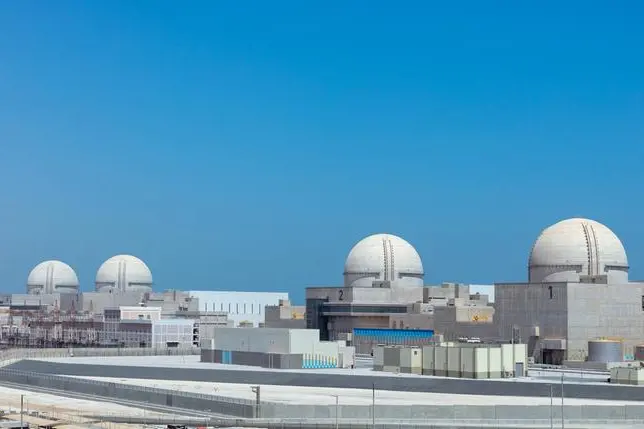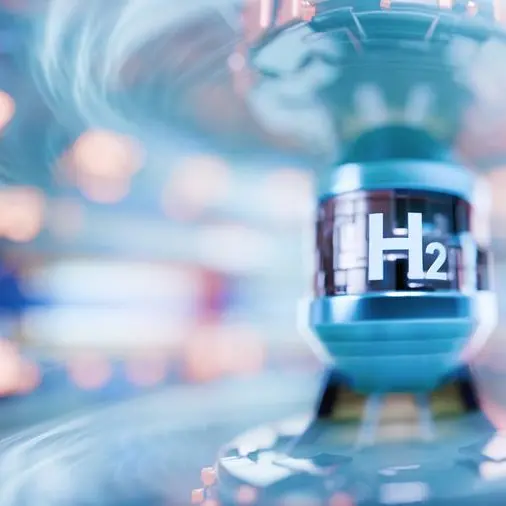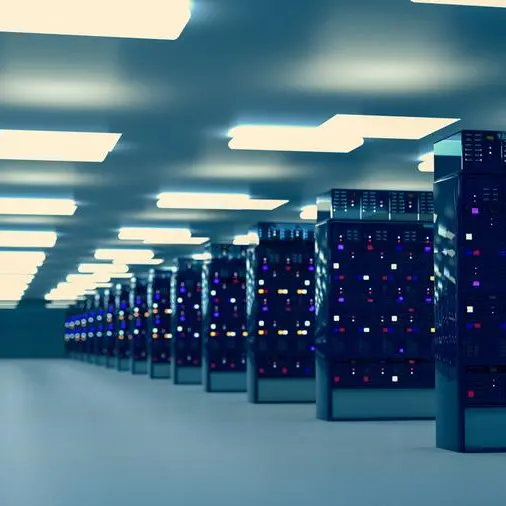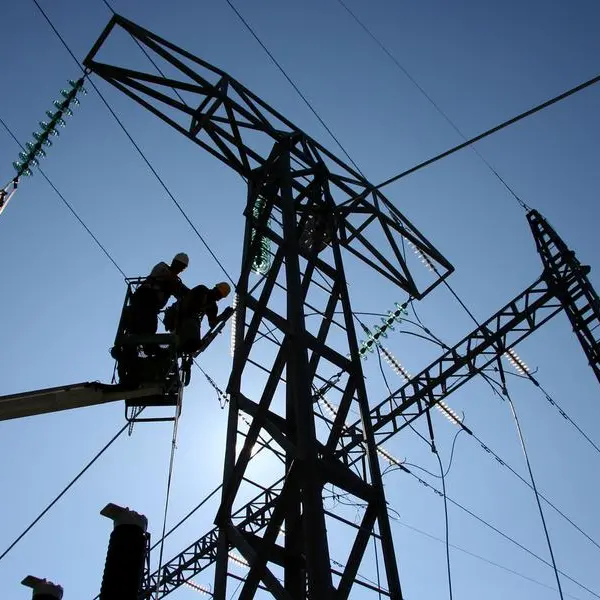PHOTO
ABU DHABI: The Emirates Nuclear Energy Corporation (ENEC) has successfully completed the Hot Functional Testing (HFT) on Unit 4, the last of its four units of the Barakah Nuclear Energy Plant.
This significant pre-operational test represents an important step forward in the testing phase of Unit 4 of the Plant, located in the Al Dhafra region of Abu Dhabi Emirate, with all the lessons learned from the testing of the other units successfully incorporated.
During the HFT, components were checked for thermal expansion and vibration. The results demonstrate that all systems perform in accordance with the highest quality and safety standards under normal operating conditions. Most notably, the pressuriser safety valve test, pre-core reactor coolant system flow measurement test and main turbine system test were performed, proving that major components and systems work as designed and meet all requirements for normal operation.
HFT takes place over a series of weeks and consists of almost 200 individual and integrated tests performed on major systems to check their performance under normal operational conditions, without the presence of nuclear fuel in the reactor.
Prior to undertaking the HFT tests, ENEC completed the Structural Integrity Test (SIT) and Integrated Leak Rate Test (ILRT) at Unit 4. The completion of the tests demonstrated the integrity and robustness of the building structure in terms of force, and the structure's ability to perform safely under normal and extraordinary circumstances.
"The successful completion of these tests on Unit 4 of the Barakah Plant showcases our continued progress in accordance with all national regulatory requirements and the highest international standards," said Mohamed Ibrahim Al Hammadi, Managing Director and Chief Executive Officer of ENEC.
"We have incorporated the lessons learned during the development of each unit, increasing delivery efficiency while maintaining world-class levels of quality and safety. These tests are key steps towards demonstrating Unit 4's readiness to operate and bring us closer to having four units online to provide abundant, clean and reliable electricity, advancing the UAE's clean energy transition and boosting energy security for the next 60 years. As a result, the Barakah Plant is playing a pivotal role in supporting the UAE's effort to achieve Net Zero by 2050," Al Hammadi added.
Construction of Unit 4 of the Barakah Nuclear Energy Plant began in September 2015, three years after Unit 1, and has progressed safely and steadily ever since. ENEC continues to demonstrate the benefits of building four identical reactors simultaneously with the cumulative knowledge and expertise developed by the team used to complete construction on the later units with greater efficiency.
The Barakah Plant is a powerhouse for the sustainable development of the UAE. Once fully operational, all four Units of the Plant will produce up to 25% of the UAE's electricity needs and will prevent 22.4 million tons of carbon emissions every year. This is equivalent to 4.8 million passenger cars driven for one year, highlighting the leading role nuclear energy plays in accelerating the decarbonisation of the UAE's power sector in order to achieve Net Zero by 2050.
Major progress has been made at the Barakah Plant, which is now generating clean electricity and rapidly decarbonising the Nation's power sector with two units commercially operating and the third unit due to come online in the coming months, following the recent completion of fuel load.
The Barakah Plant is one of the largest nuclear energy plants in the world, with four APR-1400 units. By 2025, the Barakah Plant is forecast to be the largest contributor to cutting Abu Dhabi Emirate's power and water sector carbon emissions by 50 percent and generating over 85% of Abu Dhabi's clean electricity, demonstrating the significant abilities of nuclear energy in producing abundant baseload clean electricity.





















